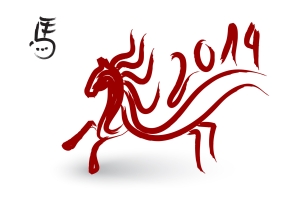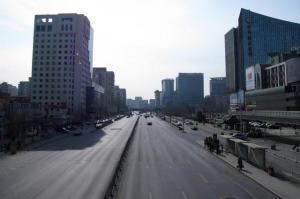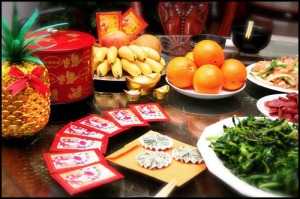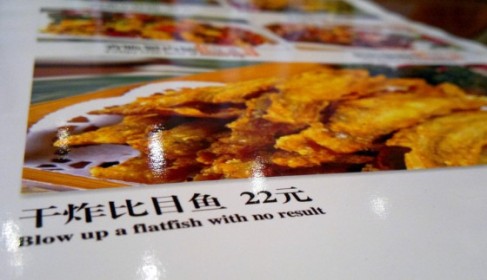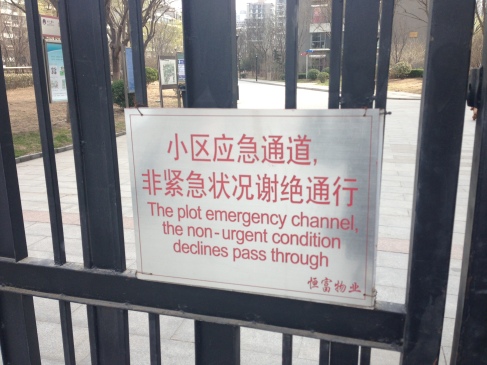I’m Chinese, and before I went to China I thought that even though I don’t agree with everything they do, I’d at least understand why. Obviously, I was wrong. Below I’ll share with you 5 things that Chinese people do that completely baffle me.
1. Chinese people are extremely anxious about their children. In the winter, you’ll often see Chinese children wrapped up in so many layers that they look like large puffy balls (they’re convinced that the cold will make them sick). Loved pets are often abandoned for fear that they’ll pass on diseases to their children. Thrifty parents will not hesitate to buy the most expensive milk powder for their babies. And yet, you’ll often see mothers jaywalk across a busy intersection with their child in their arms. Does that make sense to you?
2. People in China will spend two month’s salary on a new cell phone, but argue with a vendor for an hour over 10 yuan. They’ll save for a luxury bag, and then ride the bus to work to save on transportation costs (trust me, the bus is not a pleasant way to commute during rush hour). When they go home for Spring Festival, they’ll blow a month’s salary treating their relatives and friends to a meal, then go home and eat instant noodles for a month. The Chinese call this “slapping the face to look fat” (打肿脸充胖子). I always knew that face was important to them, but can it really mean that much?
3. They think that cheating is ok, even a smart thing to do. I was shocked when my students freely admitted that they cheated while in school, claiming it was “something that everyone does”. One explained to me that because everyone did it, you’d be at a disadvantage if you didn’t.
4. When I first started working in China as an English Teacher, I was uncomfortable with the “pretty” compliments. Coworkers would tell me that I will do well because I was “pretty” and the boss “likes” pretty girls. Students told me that I would be a great teacher because I was “pretty”. Sexual harassment was pretty much expected and accepted in the workplace; my boss would comment whenever any member of the female staff wore skirts.The boss often made very sexist comments towards the female staff, and pressured them to go out for lunch or dinner. Chinese friends were surprised that I would consider that kind of behavior sexual harassment, and thought it to be just how things worked. It’s pretty much accepted that a beautiful girl would have more opportunities in the workplace.
5. Women are expected to be “weak”, and they seem more than happy to fulfill that role. Despite the fact that a lot of women work, and some even command a higher salary then their men, women are still expected to be the weaker sex. If they earn more, they’re encouraged to keep it under wraps for the sake of the man’s ego. If they’re taller, they’re forbidden to wear heels to de-emphasize their height difference. Mind you, many of them take full advantage, taking time off because they have menstrual cramps (they realize this happens every month, right?), having male coworkers do work for them, and even going out to lunch with men so they can eat for free (splitting the bill isn’t common in China). I’m surprised both at the women for accepting this notion, and at the men for enabling it.
I’m sure I’ll think of more, so keep an eye out for updates! Also feel free to share anything you’ve noticed ^^

